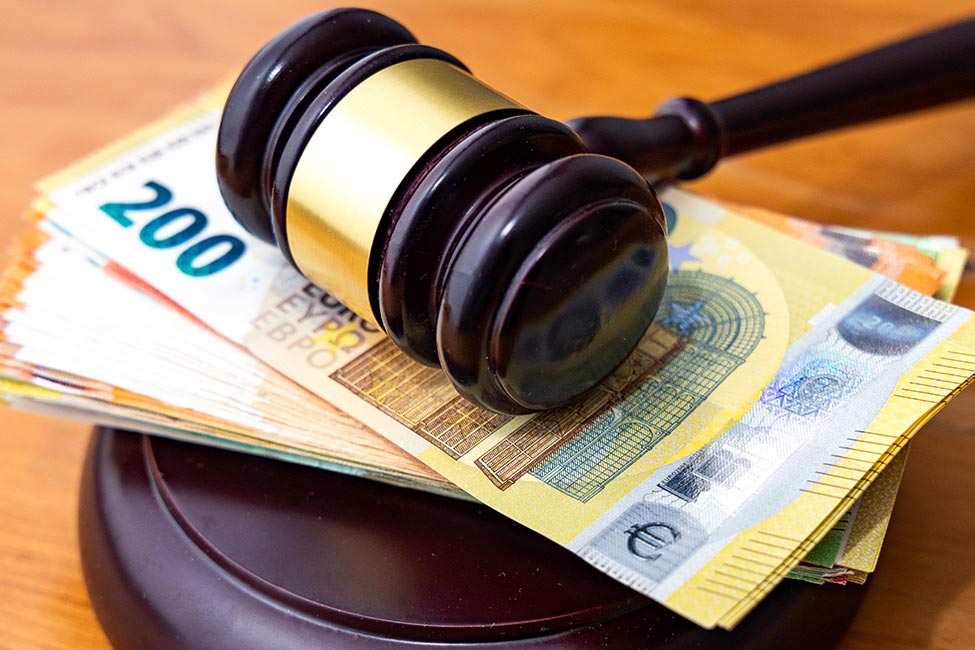Unpaid fines: what are the risks?

What are the deadlines for paying and disputing fines?
A fixed fine must be paid within a certain period of time from the date of receipt:
- You usually have 28 days to pay. In some cases, the fine may be reduced if you pay within 14 days.
- Penalty Charge Notices (PCN) can be issued for parking, breaking some traffic rules or not paying the charge for the London congestion zone, low emission zone or Dartford Crossing on time. Most of these can be paid online, but check the ticket for other ways to pay.
- If you do not pay a PCN within 28 days, you will be issued with a charge certificate, and then you will have 14 pays to pay the original fine plus 50% more.
- You will receive a court order demanding payment if you do not pay a charge certificate within 14 days.
- For a Fixed Penalty Notice (FPN), which might be issued by the police, the local council or the Driver and Vehicles Standards Agency (DVSA), you can also pay online in most cases. These can include speeding fines. If you do not pay an FPN within 28 days, you will have to pay 50% more.
Can you challenge a ticket?
If you think your ticket has been wrongly issued, you may be able to challenge it. If you have lost your ticket, contact the issuer to find out how to challenge it.
Challenging a Penalty Charge Notice (PCN)
You have 28 days to challenge a PCN. If you do this within 14 days and your challenge is rejected, you may only have to pay 50% of the fine. There are various rules, so always check your ticket. It may depend on who issued it and how you make the challenge. Full details for each type of PCN are available on the Government website.
Challenging a Fixed Penalty Notice (FPN)
To do this, you will need to go to a magistrates’ court. You will be sent a summons with a date to attend a court hearing.
If you receive a ticket from a private company, you will have to find out who the issuer is and contact them. You may then need to make an independent appeal.
What payment methods are available?
There are several ways to pay a fine. Again, this depends on what type of ticket has been issued and who issued it:
- PCNs can be paid online to the local council or Transport for London, depending on who issued the notice.
- FPN fines can be paid online or via a national payment telephone line.
- Fines issued by DVSA can be paid by phone, online, by post or in-person to the examiner when the fine is issued.
What happens in the event of non-payment?
For PCNs, you need to pay within 28 days, or you will receive a charge certificate. Then, you will have 14 days to pay the original fine plus 50% more. After this, you will get a court order if you do not pay the certificate within 14 days.
For FPNs, in the event of non-payment within 28 days, the fine is registered with the court and is automatically increased by 50%. Eventually, a warrant for your arrest might be issued if you fail to respond.
How do you know if you have outstanding fines?
If you think you may have received a parking ticket and not paid, then you should get in touch with the local council. They should have a record of any unpaid parking fines in your name.
You now know the deadlines and methods of payment for your traffic and parking fines. Beware: the longer you wait, the more expensive it is, so it is better to sort it out as soon as you can!














